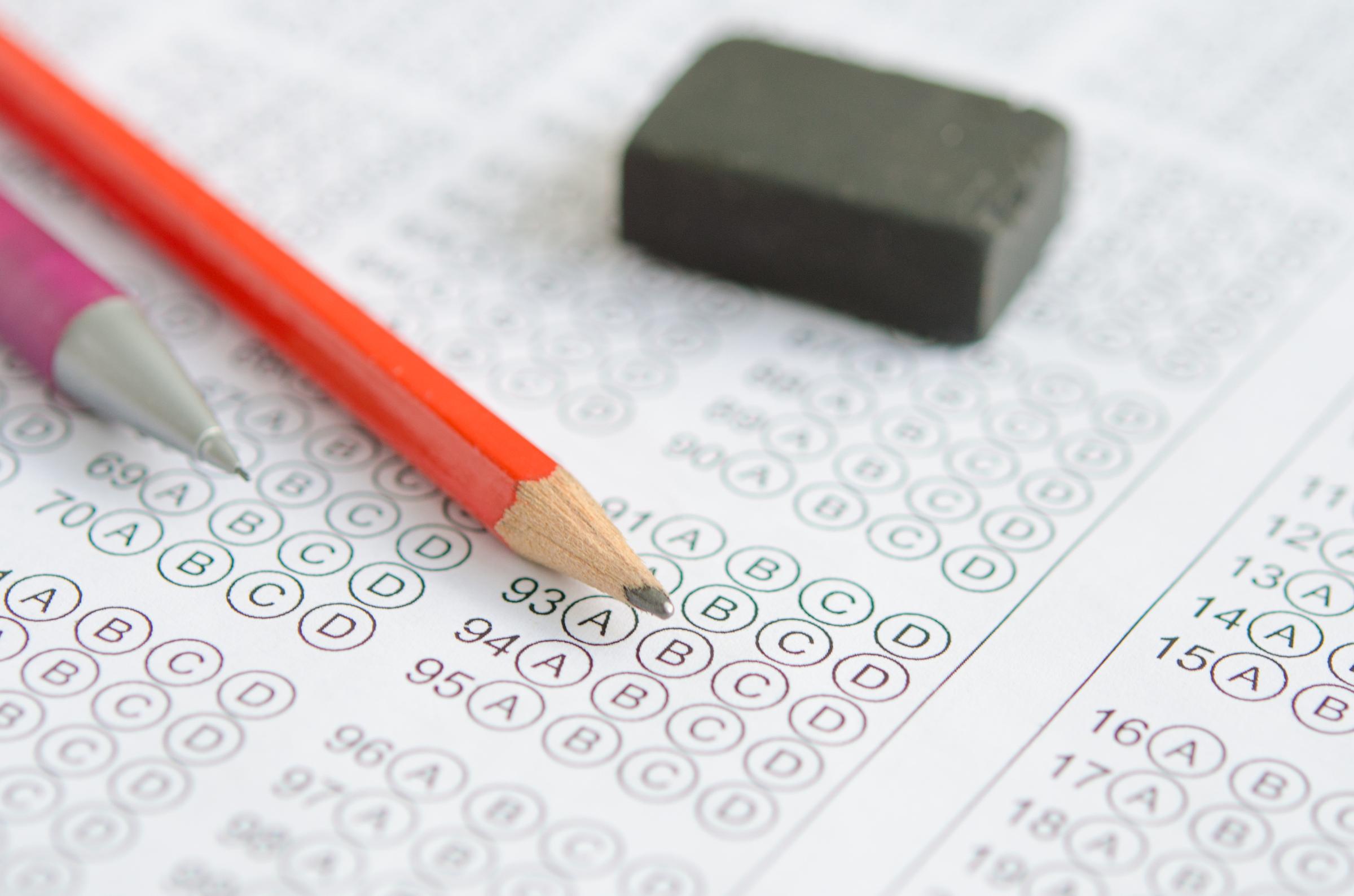Deputy Principal's Report

Advice for Parents: Exam Preparation. What can parents do?
Our Year 12 students are now approaching the finalisation of their courses, and are preparing for the intense revision that lies ahead of them. The period between now and when they sit examinations is crucial to a successful result and needs to be managed effectively. This management includes a focus on ‘quality study’ rather than just quantity. Students need to plan for their study and create a timetable starting with the Term Three break, and continuing to the start of their last examination. Managing stress, and keeping the perspective that the VCE examinations are only one step along their life and career journey, is vital for all students. At home students need to have a harmonious study environment, and here the whole family can assist. Students should not panic about the upcoming examinations, but rather commit to the VCE course that they have selected and prepare as best they can for the final examinations.
5 Practical Tips: To help your child through exam revision
1) Know the exam timetable
Firstly, while it's a small thing, it's very helpful if you simply know on what days the exams are and at what time.
2) Boost productivity with short-term rewards
Next, if you hear yourself saying, "you can do all you like when the exams are over in just a couple of weeks", you might consider that this is an eternity for a teenager. In their mind, the period after the exam seems millions of light years away and they may feel like they have a mountain to climb in between now and then.
If you want to encourage them to study more or to highlight the progress that they're making, suggest a reward system based on very short-term goals. For example, after they do x amount of questions or achieve a competency in a certain area, they can treat themselves to a warm bath, an hour of television, going to the cinema at the week-end, going for a coffee with their friends, listening to music etc.
If they're expected to tirelessly study without regular small pleasures along the way, it's an awfully tough ask and their motivation and mental strength is bound to wane.
3) Get somebody with exam experience to talk to them
If you're worried about them and they won't open up to you, encourage them to talk to somebody who has recently come through the exam and can shed some light on their fears. At that time, I didn't think my parents understood me at all, but I really looked up to my older cousins and happily spoke to them about how I was feeling. They gave me some great advice too and I'm sure this gave great relief to my parents.
4) Make sure they practice exam technique
As soon as the September break is over, it's time to shift strategy and practise exam technique in all tasks. Rather than spending hours over homework, it's a good idea for your child to set a timer to complete each individual task and see how much they can do in that timeframe. This will focus the mind, they will finish their homework more quickly and will get a good feel for how much time they will have in the exam.
Many, many, MANY students have told me that they're worried they will run out of time in the exam, as if they don't have control over it. However, if they start practising time management with every piece of homework from now on, it's a skill that will be very sharp in time for June.
5) Change things up for better results
If you feel your child could do with a change in their study environment but they aren't willing to take time off; or alternatively, they don't want to simply sit down and study, how about taking them out to a coffee shop to study? It works very well either as a treat or a bribe. You read the paper or a book and they bring their notes. This can be a pleasurable space to study, a break from their routine and it gives them an opportunity to talk to you on a one-to-one basis if they want.
As a final note, if you can sense negativity is dominating their thought process, you can always counteract this with questions like "what went well today?", "which part of this subject do you feel most comfortable?", "remember the time you thought x was impossible and now you can do it with your eyes closed". This will retrain their focus towards positivity. And if all else fails, come straight out and ask "what can I do to help you?"
Thanks to www.savvyteenacademy.com
Advice for Students: Using the Trial Exams to Improve (Learning from Past Exams)
Over the break Year 12 students will complete trial exams in preparation for the end of year VCAA exams. These trial exams are a fantastic way for students to hone their skills and to highlight where they can make improvements.
After note-taking skills, the second-most commonly ignored academic success strategy is using your past exams to improve your performance on future exams.
Below are instructions on how to utilize previous exams to your advantage for the future:
1. The first step is to reflect on how you prepared for the Trial Exams. Be as specific and honest as possible in describing the way you studied (or didn’t study). This is a great way to think about what you might change for the final exams.
2. The next step is to look at each exam paper you completed during the Trial Exams. For each of these write the numbers of the actual questions that you didn’t answer correctly.
3. Fill in each of the following for the questions you missed.
You’ll be answering:
a. How many points were taken off?
b. What kind of question it was.
c. The reason you think you got it wrong.
4. Look for patterns. Ask yourself the following:
a. What kind of questions did you have the most difficulty with and why?
b. Which questions were worth the most points?
c. What can you do to improve your performance on the next exam?
d. How can you make sure you will correctly answer the high value questions on future exams?
5. Ask yourself what you still don’t understand about the exam or exam questions that you
answered incorrectly.
a. Did you have difficulty understanding the instructions?
b. Do you understand the teacher’s feedback?
6. Make a list of things you need to do to be more successful on your next exam. Ask questions like:
a. How can I make sure I understand the material?
b. Do I need to better manage my time so I can focus more on studying?
c. How can I determine what is important to study?
d. How should I prepare for the exam?
e. What strategies should I use while taking the exam?
7. And finally, look at exams from other all of your subjects and see if there is a pattern.
Reference: Stevens Taylor, C. (2007). Peer mentor handbook: Introductory liberal studies colloquium fall 2007. Unpublished manuscript, University of North Carolina at Asheville.
